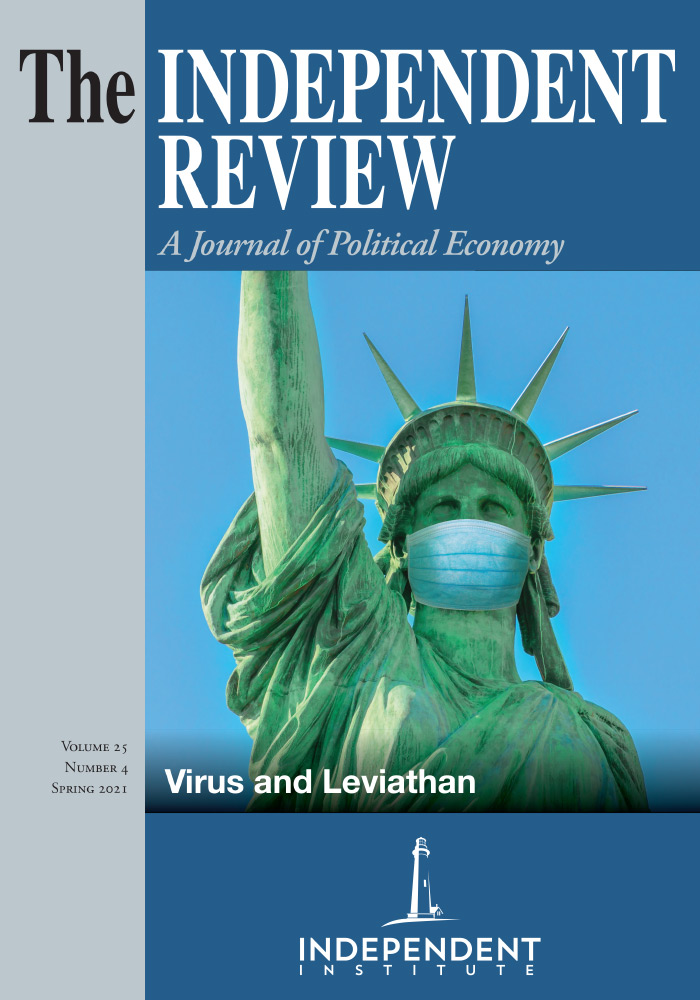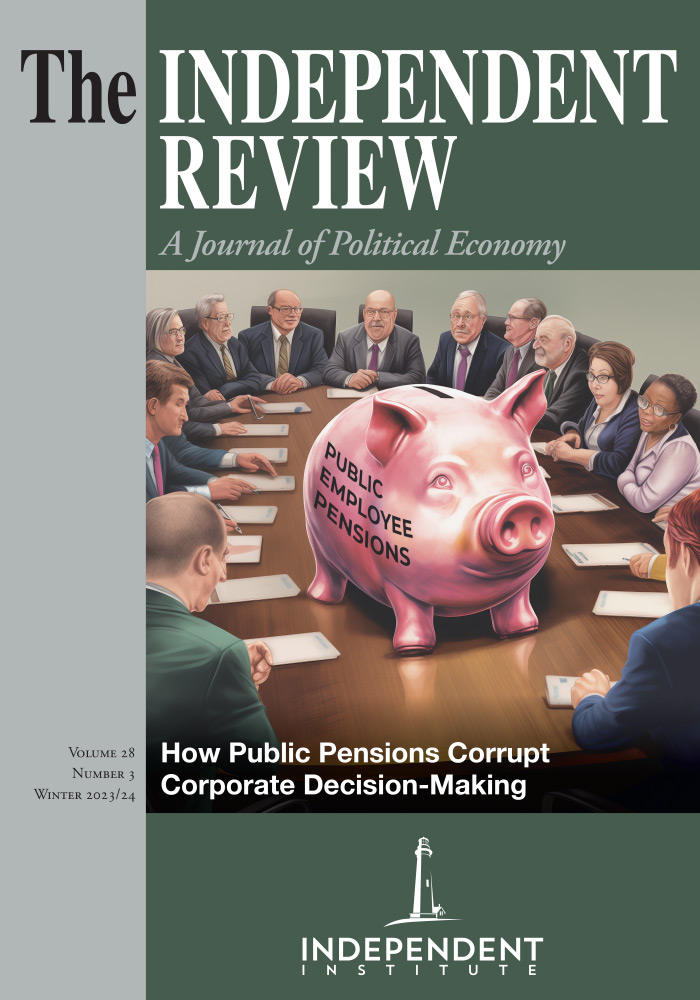Beginning in the 1990s, private agricultural firms, research institutions, and their political allies began seeking governmental protection from undercover investigations conducted by animal rights activists. Some state governments responded by enacting statutes that regulate undercover investigatory behavior, creating statutory prohibitions on trespasses and on evidence gathering without permission and requiring undercover investigators to quickly turn over evidence of animal abuse or face civil and criminal fines and penalties (Lin 2015, 474). To date, three such state laws—popularly known as ag-gag laws, a term used by critics of the laws—have been successfully challenged based on claims that they violate First Amendment free-speech rights, and most scholars have agreed with the analytical approach taken by federal courts’ doctrinal approach. However, in this article, using tort and property rights theory, I contend that so-called ag-gag laws are efforts to protect property rights that do not threaten free-speech rights. The doctrine applied by federal courts to date, the “false speech” doctrine, is an unwarranted expansion of speech protection that threatens to eviscerate the common-law rights of property owners to exclude others from their property and maintain their privacy. Ag-gag laws and the freespeech claims they have produced are important beyond the insular doctrinal debates among lawyers and judges. The expansion of the “false-speech” doctrine is a threat to private businesses, for-profit and nonprofit alike, because they are faced with the possibility of undercover investigations without recourse to the courts under traditional property rights protections.
Free-Speech Rights versus Property and Privacy Rights
“Ag-Gag” Laws and the Limits of Property Rights
By Ian J. Drake
This
article appeared in
the Spring 2021 issue of The Independent Review.
Ian J. Drake is associate professor of political science and law in the Department of Political Science and Law
at Montclair State University.









